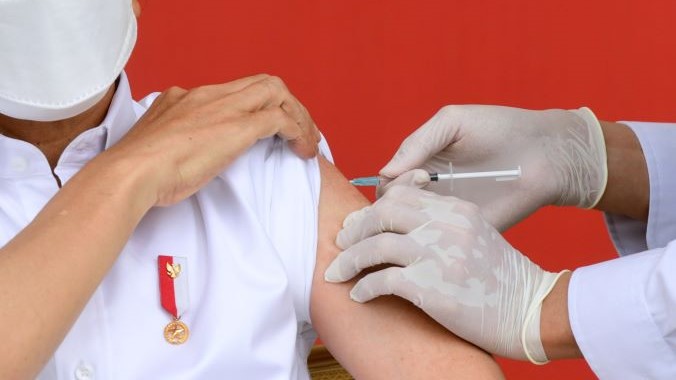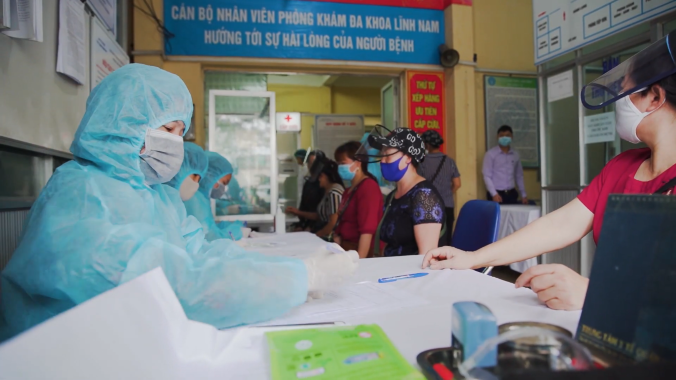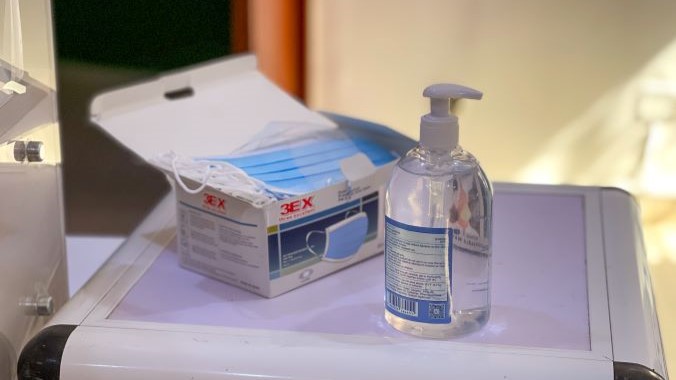Context

12 people were trained, and 30 actors participated in workshops in each of the three countries
It took 10 months and 3 workshops in each country to complete the core process, plus 2 additional workshops in Vietnam to develop the role-playing game
Skills were transferred to three local teams and I-DAIR, the results were presented at an international conference (ISAGA), and a publication is currently being drafted
Our mission
Lisode was commissioned to train the three local teams (Brazil, Kenya, and Vietnam) in the Companion Modeling (ComMod) approach. We then supported these teams in deploying a public participation process based on this approach, bringing together around 30 actors in each of the three countries. Finally, we assisted the Vietnam team in creating a role-playing game that simulated various collaborative solutions between civil society and the healthcare infrastructure, involving ministry officials and crisis management teams.

Impacts and results
The key challenge of this mission was to quickly transfer a comprehensive methodology across three distinct cultural contexts, including both tools and methods, as well as the underlying ideas (and attitudes) essential to their application. The goal was to help local teams facilitate discussions between civil society, which was severely tested by COVID, and healthcare infrastructures, which operated on an expert-driven decision-making system. In the end, the local teams successfully adopted the ComMod approach and adapted it to their local contexts. With our support, they managed to implement public participation processes in which the actors who led the COVID crisis management plan were able to work with representatives of civil society, hospital services (both doctors and the broader medical staff), to explore improvements to the current crisis management system… including better communication between them!


